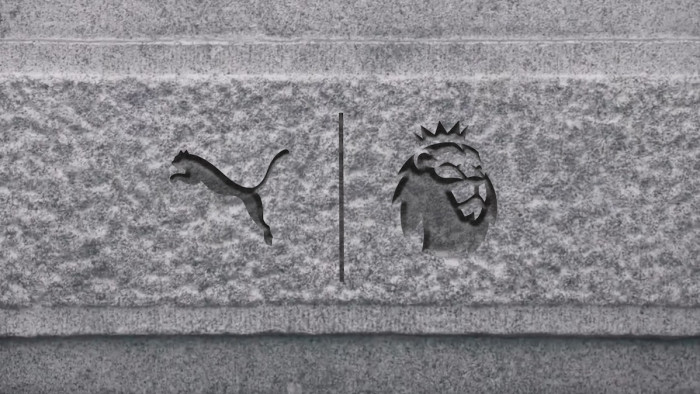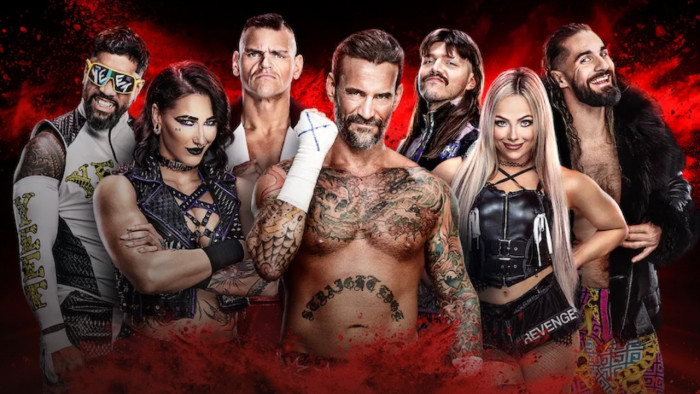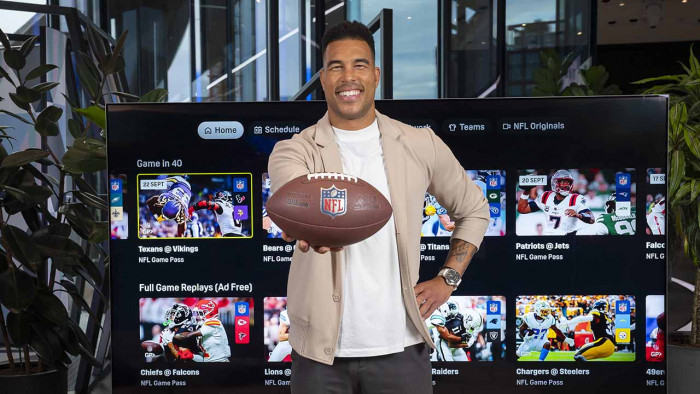Michel Platini claims 1998 World Cup draw was fixed in astonishing interview
This is quite the allegation


The 1998 World Cup final was almost too perfect.
Home nation France took on holders Brazil, who boasted the world’s most in-demand and in-form striker in Ronaldo, and ended up lifting the trophy after a 3-0 win.
It was a remarkable journey, and one which they followed up with victory at Euro 2000.
However, things may have been a little too convenient, and former France international Michel Platini has sensationally claimed the deck was stacked to produce that dream final.

In an interview with FranceBleu, as translated by journalist Philippe Auclair, Platini admits measures were taken to prevent France and Brazil meeting until the final.
This relied, of course, on both teams winning their groups – Denmark, who finished behind France in Group C, faced Group A winners Brazil in the quarter-finals. However, once both had come out on top in the group stage they were unable to meet until the final at the Stade de France.
And all it took was some “little tricks” to ensure, once the two nations were placed in groups A and C, that the winners of those groups would be kept apart.
Platini, who played for France 72 times and coached the national side at Euro 92, headed up the organising committee for the 1998 tournament.
While teams had been allocated to specific groups at previous tournaments, it had usually been to keep countries from the same confederation separate; at Italia 90, the six top seeds were assigned to groups A to F in order.
“When we organised the calendar, we did a little trickery… If we finished first in the group and Brazil finished first, we could not meet before the final,” he said.
“We did not work until we were bored for six years to organise the World Cup not to do some little shenanigans.
“When you are at home, you want to be able to enjoy things. You think the others do not do it for their World Cups? France against Brazil in the final, that was the dream of everyone.”
He later became president of UEFA and was among the names mentioned as Sepp Blatter’s potential successor in charge of FIFA, but ultimately opted not to run for the post.
He was investigated as part of the recent FIFA corruption scandal, relating to an alleged “disloyal” $2m (£1.5m) payment to Blatter, and was subsequently handed an eight-year ban from football in 2015 (later reduced to four years) after being found guilty of ethics violations.
No allegation against him is thought to relate to the World Cup in France, while he continues to protest his innocence in relation to the payment to Blatter and has taken an appeal against his ban to the European Court of Human Rights.

France’s run to the final was far from straightforward, featuring a Golden Goal victory over Paraguay, a penalty shoot-out win against Italy and a come-from-behind triumph against surprise package Croatia in the semi-final.
However, by the time they faced Brazil, Ronaldo – who had scored his country’s goal in their semi-final – had struggled with illness and underperformed on the pitch.
Had the two teams met earlier in the competition, the result could have been different, though few could have predicted the fate that would befall the Brazilian on the eve of the final.
England, of course, dropped out in the round of16 after a penalty shoot-out defeat to an Argentina team who went on to suffer a narrow defeat to the Netherlands in the quarter-finals.
(Images: Getty)
Latest
Related Reviews and Shortlists









